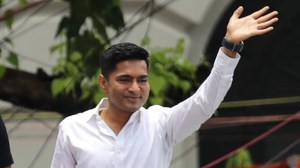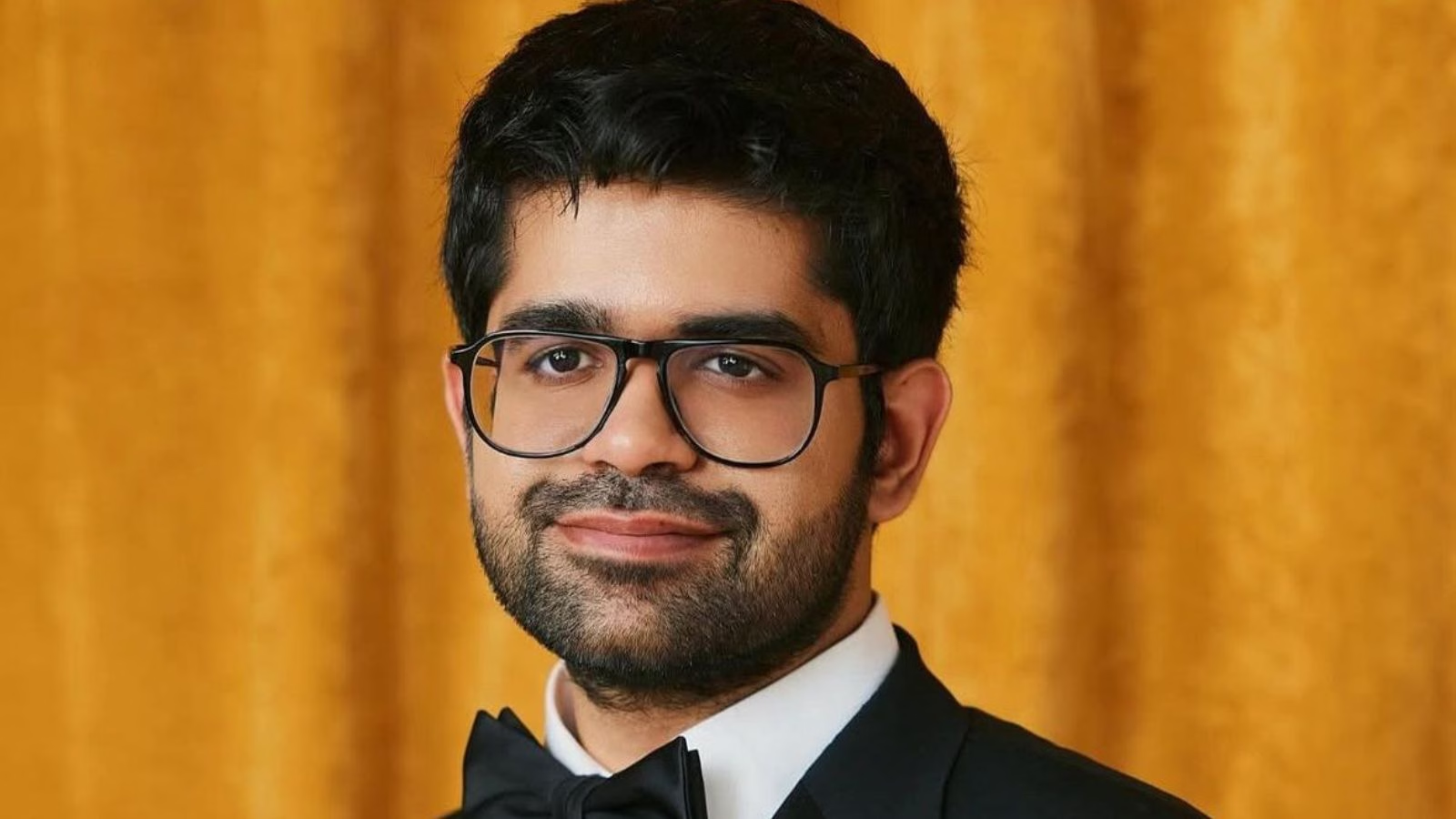Crime and comrades
If you are looking for yet another chapter in the criminalisation of Indian politics, here it is. Comrade Jyoti Basu, one of the longest-...

If you are looking for yet another chapter in the criminalisation of Indian politics, here it is. Comrade Jyoti Basu, one of the longest-serving communist leaders of the world, also the only communist prime minister India has never had, has discovered a very prominent 8220;criminal8221; called L.K. Advani. It is a very serious matter with immense national consequence, and Jyoti Basu, being a communist with national relevance, not to speak of his international museum value, is hawking this information in the electoral market in the name of, well, national interest. According to Basu, Advani, the home minister of India and a very senior member of the Parivar, is 8220;indirectly involved8221; in the assassination of Mahatma Gandhi. 8220;Why shouldn8217;t I call him a criminal when, apart from his involvement in the Gandhi assassination case, another case is also pending against him?8221; he reportedly explained at an election rally. Advani says it is a 8220;cock and bull8221; story. He says the 8220;veteran leader8221; is 8220;losing his balance8221;and is 8220;upset at the growing irrelevance of his party8221;. It is much more than that. It is more than campaign dignity or the campaigner8217;s freedom of expression. And it is certainly not about the Indian communists8217; patriotic fascination with the Father of the Nation. It is an inadvertent explanation of betrayal8217; and criminalisation8217; from a man who happens to be one of the few living remains of an ideology which has authored some of this century8217;s worst crimes and betrayal.
When Basu banishes Advani to a rhetorical Siberia, he pretends to be unaware of the crimes 8212; distant crimes 8212; still crying for punishment from the far corners of history. But Basu, like other Indian comrades, can claim to be a very privileged communist, ignored by history and lampooned by India. To be fair to the Indian communists, they never had a chance to commit any crime, to betray. Their soviets 8212; Bengal and Kerala 8212; are not a celebration of the immortality of ideology. Rather, they are instances of provincial exceptionalism,not sustained by the Book but by regional realpolitik. Still they are under the illusion that a victory in a Bengal or Kerala constituency can compensate for the fall of the Soviet Union, an accidental mistake in practice8217;. The theory is still alive, in the fossilised minds of the Indian communists. All those horror chambers, all those betrayals, all those crimes against humanity, have migrated to the mind of the Indian communist. A harmless heritage.
Still, the Indian communist continues to seek power beyond his provincial soviets. He wants to be a manipulator of power in Delhi, without responsibility. Harkishen Singh Surjeet has already elevated this art of manipulation to the dialectical realm of Marxism. At one point in the coalitional confusion of Indian politics, a communist came closer to being more than a power broker. Jyoti Basu almost became the power wielder. India was spared not a historic blunder but a historic joke. Today Basu is certainly not joking when he uses words like criminal8217; andassassination8217; so freely. Maybe it is a Freudian slip.
- 01
- 02
- 03
- 04
- 05































